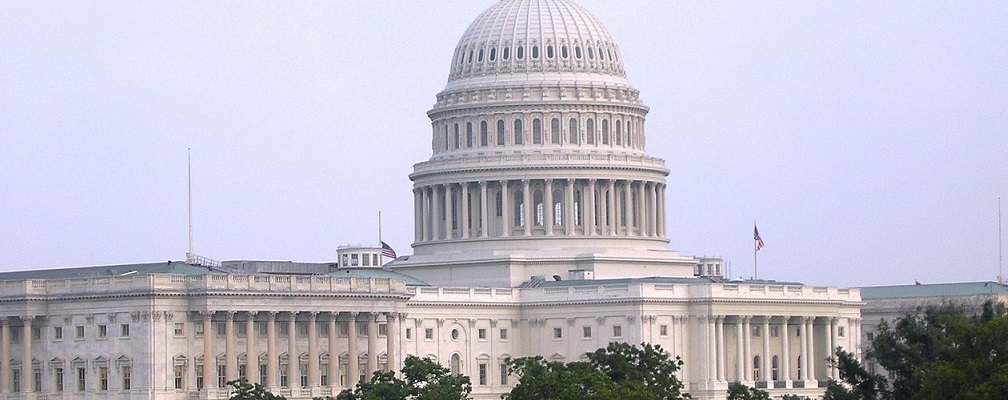
Dodd-Frank and Whistleblower Protections
The Dodd-Frank Wall Street Reform and Consumer Protection Act (Dodd-Frank) was enacted on July 21, 2010. Its 849 pages of content address the reform, governance, oversight, and supervision of financial institutions and their regulators and include provisions for whistleblower incentives and protection.
For some years now there have been congressional calls to simplify the massive bill and even to repeal it. In late April, the U.S. House of Representatives Financial Services Committee introduced a bill to replace Dodd-Frank—H.R. 10, “The Financial CHOICE Act of 2017.” In early May, the committee approved the bill by a vote of 34-26; after review by several subcommittees, it passed the full House on June 8, 2017.
Of particular interest to ethics and compliance professionals might be the impact on whistleblower protections. As you may recall, Dodd-Frank has provisions that directly address whistleblower protections.
Title VII section 748, “Commodity Whistleblower Incentives and Protection,” states
In general –
No employer may discharge, demote, suspend, threaten, harass, directly or indirectly, or in any other manner discriminate against, a whistleblower in the terms and conditions of employment because of any lawful act done by the whistleblower—
(i) in providing information to the Commission in accordance with subsection (b); or
(ii) in assisting in any investigation or judicial or administrative action of the Commission based upon or related to such information.
Title IX section 922, “Whistleblower Protection,” states
(a) …The term whistleblower means any individual who provides, or 2 or more individuals acting jointly who provide, information relating to a violation of the securities laws to the Commission, in a manner established, by rule or regulation, by the Commission. … [and]
In general
No employer may discharge, demote, suspend, threaten, harass, directly or indirectly, or in any other manner discriminate against, a whistleblower in the terms and conditions of employment because of any lawful act done by the whistleblower—
(i) in providing information to the Commission in accordance with this section;
(ii) in initiating, testifying in, or assisting in any investigation or judicial or administrative action of the Commission based upon or related to such information; or
(iii) in making disclosures that are required or protected under the Sarbanes-Oxley Act of 2002 …, the Securities Exchange Act of 1934 …, and any other law, rule, or regulation subject to the jurisdiction of the Commission.
H.R. 10 does not explicitly identify any whistleblower protections at all, but neither does it repeal all provisions of Dodd-Frank. It addresses some provisions of Dodd-Frank Title VII, but does not mention section 748 on commodity whistleblower incentives or protection. It specifically repeals some sections of Dodd-Frank Title IX, but none of the whistleblower sections, including section 922, are among them.
In other words, the whistleblower protections of Dodd-Frank seem to be unaffected by the Financial CHOICE Act of 2017, as passed by the House of Representatives. The bill will now go to the Senate, which is not expected to pass the bill as currently written, but which may develop a bill of its own. If the Senate passes its own version, the two bills would then need to be reconciled, leading to yet a third version.
There is typically a long path from introduced bill to final law, and this one’s journey has just begun. But it appears, based on results in the House, that whistleblower protection regulations will be unscathed.
Ethical Advocate provides comprehensive ethics and compliance solutions, including ethics and compliance training and confidential and anonymous hotlines, meeting regulatory and reporting needs such as those encouraged by the Dodd-Frank whistleblower provisions. Contact us for more information.
References
Dodd-Frank Wall Street Reform and Consumer Protection Act, P.L. 111-203, 2010. https://www.congress.gov/111/plaws/publ203/PLAW-111publ203.pdf
Financial CHOICE Act of 2017, H.R. 10, 115th Congress, 2017. https://www.congress.gov/115/bills/hr10/BILLS-115hr10rh.pdf
